Greenland drops all future oil exploration
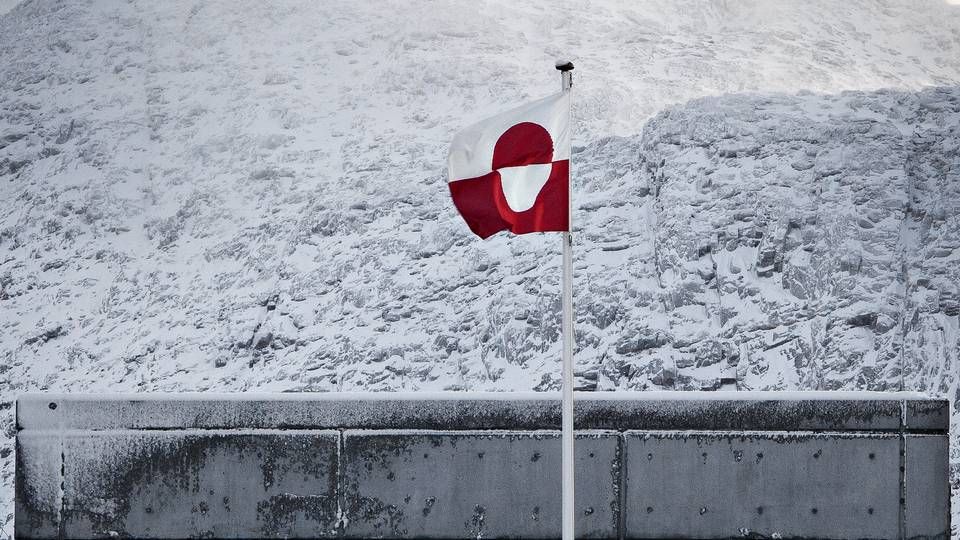
Greenland's Home Rule government, Naalakkersuisut, has decided to drop all future oil exploration both on land and at sea – partially in respect for climate, but also to protect the vulnerable Arctic environment, natural resources, the budding tourism sector, and the country's main income source, hunting and fishery.
"Naalakkersuisut has decided that the environmental consequences of oil exploration and production are too great, and the resources used to entertain the prospect of hosting an oil industry can be better used for other parts of the domestic economy," says Minister of Housing, Infrastructure, Minerals and Gender Equality Naaja H. Nathanielsen in a statement.
After taking power in April, Greenland's current government swiftly began to fulfill its election promises to stop uranium extraction in Southern Greenland, and now does the same for oil – an option many have seen as the most probable route to full independence from Denmark.
"The future is not in oil. The future belongs to renewable energy, and in that regard, we have much more to gain," Greenland's government states.
Greenland currently has four issued hydrocarbon licenses, which the country is obligated to uphold as long as oil companies maintain active exploration. These licenses are owned by two small companies. One of these, concerning Western Greenland, has said it wants to forfeit the permits. The company holding the remaining three, pertaining to Jameson peninsula in Eastern Greenland, has not reported any viable discoveries.
Greenpeace, one of the most active organizations advocating a ban on Arctic oil drilling, celebrates the Greenlandic government's decision:
"This is both crucially necessary and cause for celebration. That Greenland's government has taken this decision is fantastic, especially for us who have worked for so many years to convince Greenland to do this. As I understand, the remaining licenses have very limited potential," say Greenpeace Nordic Secretary General Mads Flarup Christensen to Ingeniøren.
The World Wildlife Foundation (WWF) is delighted with the news of Greenland turning away from oil.
"We support this completely. I think it's a great signal to send that shows prioritizing living resources over environmentally dangerous exploitation of oil in the Arctic," says WWF Project Coordinator for Greenland and Arctic Kaare Winther Hansen.
Greenland's decision is based on extensive analysis, according to a statement from the the Ministry of Mineral Resources that Ingeniøren has read. Estimates indicate that, despite rising oil prices, forward-looking oil exploration in Greenland has no commercial viability. Risks associated to exploration in the harsh environment – where icebergs and ice sheets further complicate the matter – are too great relative to the potential gain. Thus, the largest companies have announced dropping further exploration in the Arctic.
Moreover, discoveries would take too long to develop, and demand is likely to decrease in step with the world moving toward renewable energy.
English Edit: Daniel Frank Christensen
(This article is distributed by news agency Ritzaus Bureau on behalf of Danish engineering media Ingeniøren)
Rumors of OPEC compromise lower oil prices
EU adopts climate overhaul with moves on cars, planes and trade
Related articles
Rumors of OPEC compromise lower oil prices
For subscribers

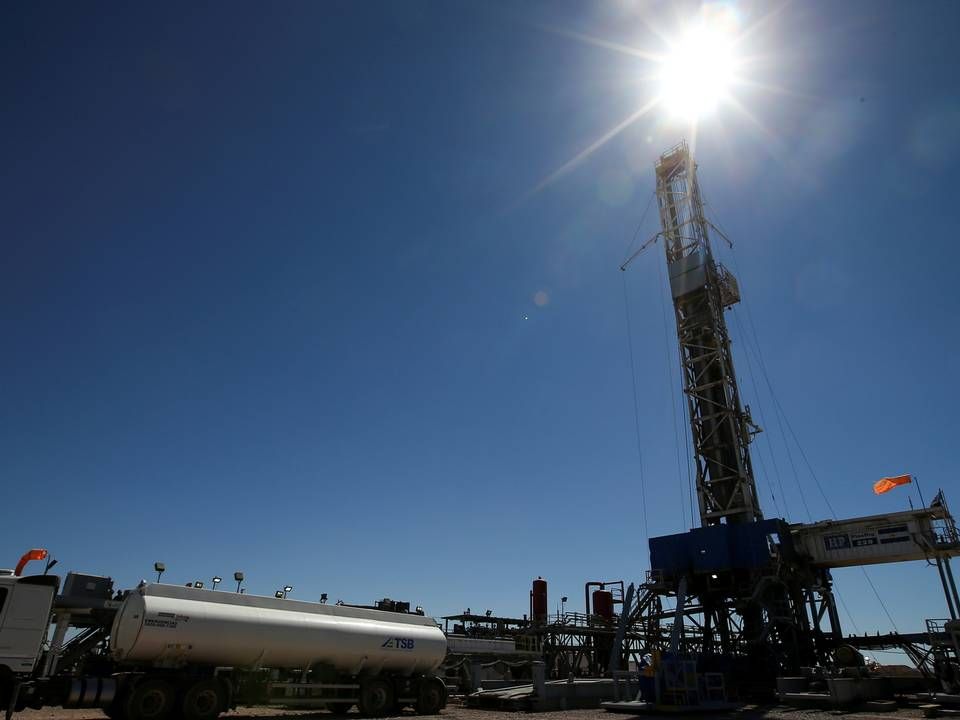
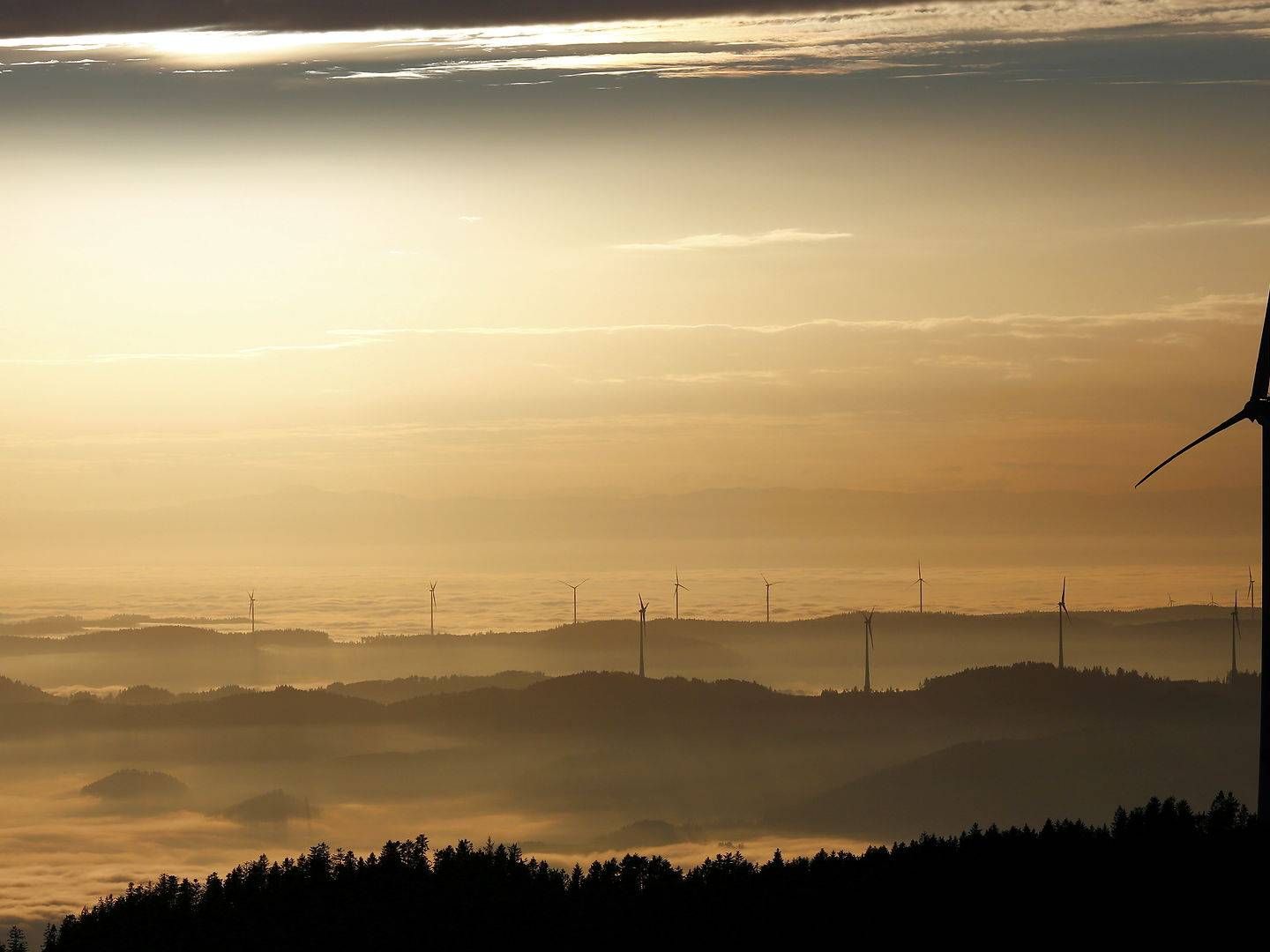








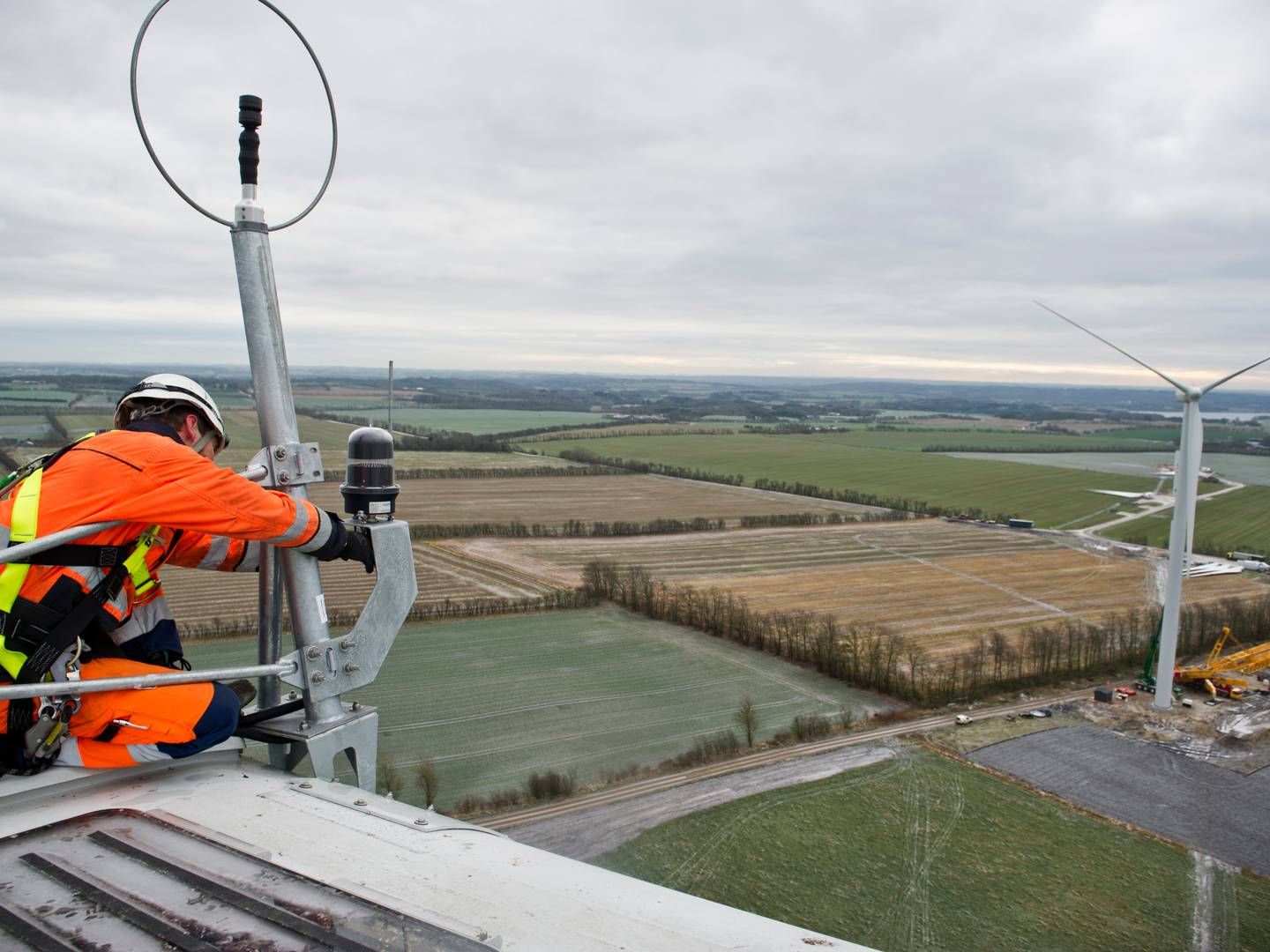





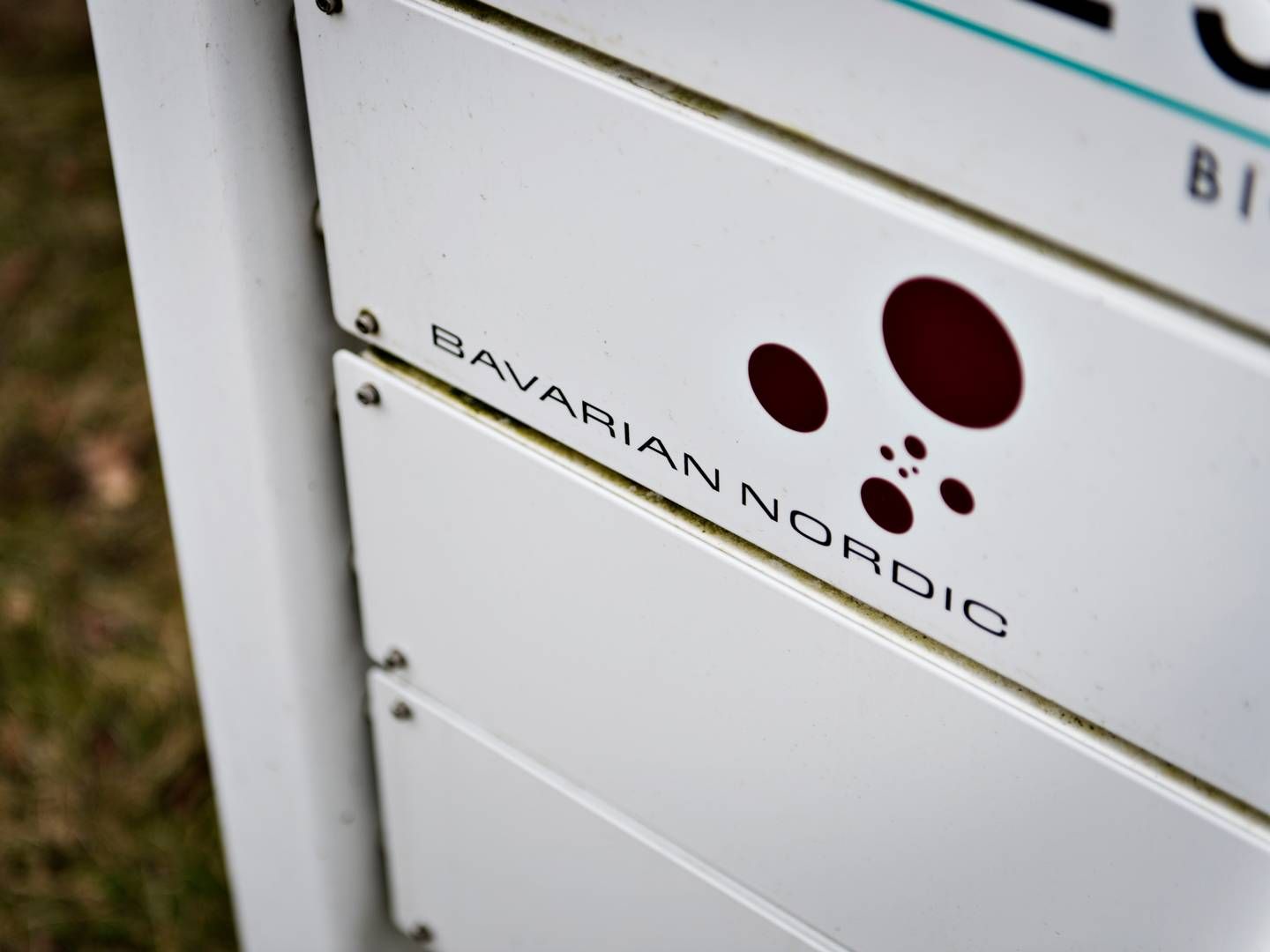






.jpg&w=384&q=75)